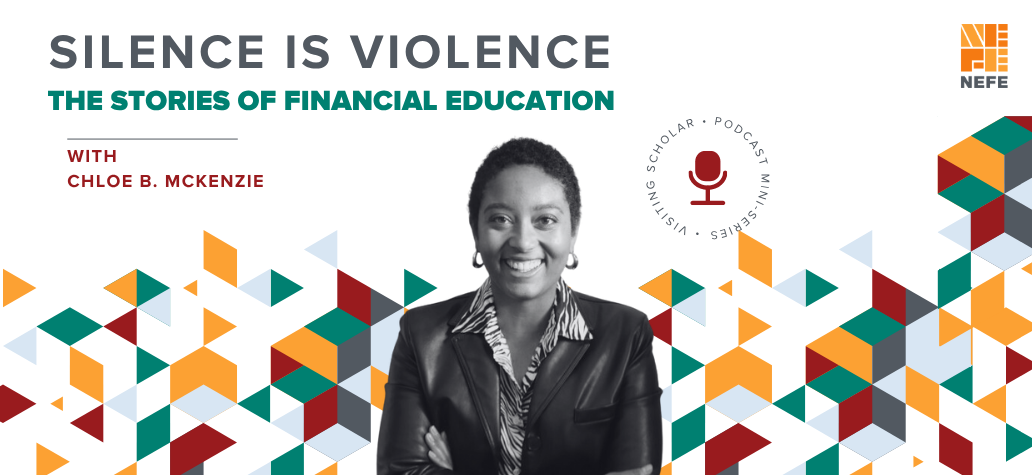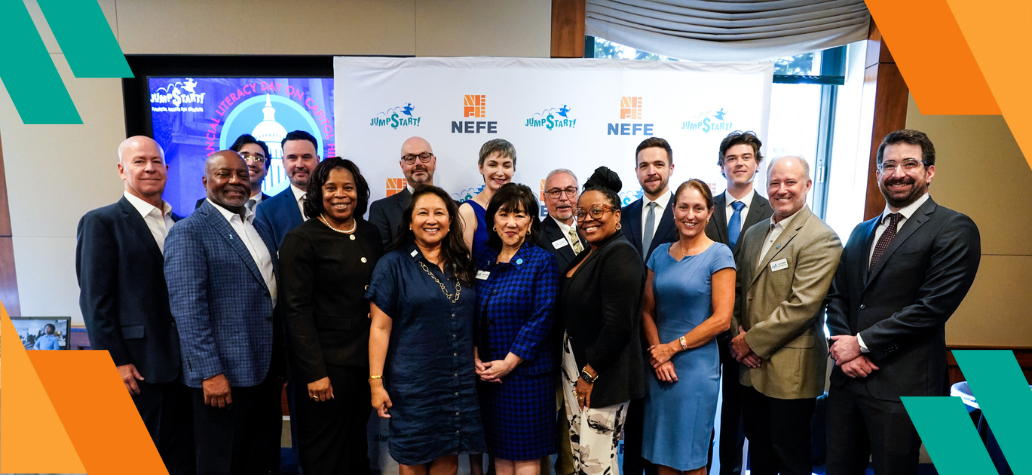U.S. Lags in International Financial Literacy
[Note: NEFE has released two separate reports from research funded through the Global Financial Literacy Excellence Center at George Washington University. This study is an analysis from the 2012 Program for International Student Assessment and its implications on sustainable retirement systems. Previously issued was a release focusing on young adults and financial behaviors using data from the 2012 National Financial Capability Study.]
DENVER — A recent analysis on the financial proficiency of teenagers shows Americans are uniquely in peril as the U.S. is the only country demonstrating low financial literacy levels compounded with low retirement income replacement rates.
Analyzing data from the 2012 Program for International Student Assessment (PISA), which was administered to approximately 29,000 students in 18 competing countries, a study funded by the National Endowment for Financial Education® (NEFE®) and conducted by researchers at George Washington University links financial literacy to how much working income one can expect to receive from their national pension system. For example, in the U.S. Social Security payments on average only cover 45 percent of worker’s former income in retirement, compared to countries like Spain, which covers 89 percent, and Italy, which covers 80 percent.
“The rules of retirement have changed and people are living longer. The challenge for all is how you will fund a 30-year retirement with a 40-year career. The bigger question is how we get teens to care about retirement,” says Billy Hensley, Ph.D., senior director of education with NEFE. “Financial literacy helps people understand the importance of saving and reaching goals. But without financial education many Americans struggle to make up the additional 55 percent of expenses that are not covered by Social Security. Young adults in particular need to start thinking about how they will cover this shortfall. ”
Researchers at George Washington University analyzed the PISA financial literacy data alongside pension generosity data from the Organization for Economic Cooperation and Development (OECD), the PISA study’s oversight agency. In countries with higher retirement income replacement rates it’s not uncommon to find students with lower financial literacy levels.
“In countries like Spain, Italy and Russia, lower financial literacy is less of a concern because higher pensions take care of retirees,” says Hensley. “We also find students with higher financial literacy scores in countries where there are lower retirement income replacement rates. Since more of the burden falls on individuals, they have an incentive to boost their financial capability to save and invest for the long term,” adds Hensley.
The U.S. is the only country in the study with both comparatively low income replacement rates and lower financial literacy scores.
“Within the U.S. there is promise. There are many random acts of success on the state level from those who offer financial education and do it well. What we need are stronger mandates for personal finance education,” says Hensley.
According to the JumpStart Coalition for Personal Financial Literacy, 22 states have a requirement in place to offer a high school course in personal finance education, 17 states require a high school course to be taken for graduation, and seven states have standardized testing of personal finance concepts.
“The George Washington University study underscores the importance of financial education—early and repeatedly at home and in school,” says Hensley. “We need to continue to support the financial education infrastructure by improving teacher preparedness and promoting a coherent set of national standards for teaching personal finances in middle and high schools.
Read the complete findings of the research.
Study Details: This research analyzes findings from the Organization for Economic Cooperation and Development (OECD) 2012 Program for International Student Assessment (PISA) financial literacy data and their implications for the development of sustainable retirement systems. The study was led by Annamaria Lusardi, Ph.D., academic director of the Global Financial Literacy Excellence Center (GFLEC) and Denit Trust Chair of Economics and Accountancy at the George Washington University School of Business; and Carlo de Bassa Scheresberg, senior research associate at GFLEC.



